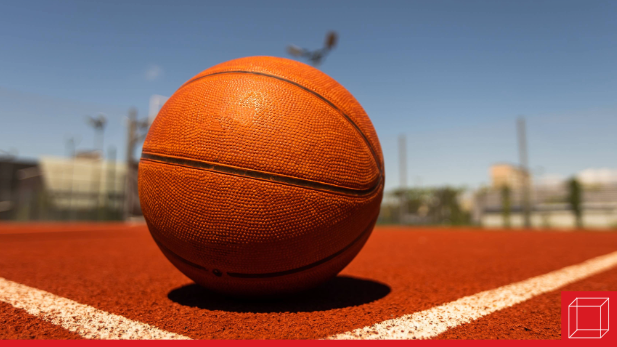Sports Betting Tests the NBA’s Credibility
A recent scandal could change how people view the league.

The NBA’s close relationship with sports gambling has entered a crisis point. Federal agents recently charged more than 30 people in connection with an illegal betting scheme, including an active player, a former player, and a current head coach. Prosecutors allege that insider information, such as injury status and lineup decisions, was shared with bettors before it became public. The NBA was the first major sports league to promote the view that direct regulation of sports betting would bring gambling into the open and make it easier to monitor and control. As this incident shows, though, the NBA may not have accounted for potential abuse within the league itself.
The implications reach beyond the individuals named in the indictments. Over the past decade, betting has become deeply integrated into the sports viewing experience, from advertisements to commentary to in-app wagering. As betting activity became embedded in the culture surrounding the league, insider knowledge gained more tangible value. The boundary blurred between competition and wagering, especially for people who routinely handle non-public information about player availability, rotations, and game strategy. The shift created conditions where interference became easier to attempt and harder to detect.
The broader concern for the NBA is the perception of competitive integrity. Professional sports rely on the assumption that outcomes are legitimate and unmanipulated. Once public confidence in that fairness weakens, the league’s credibility is at risk, regardless of how widespread the misconduct actually is. Recent polling reflects that shift. A majority of Americans now believe that players or coaches are at least occasionally involved in behavior that influences betting outcomes. Nearly seven in ten consider illegal gambling activity a problem for the league. Experts say the question for the NBA will be whether the growth of sports betting comes at the expense of the credibility of the game.
Questions:
How can sports betting scandals potentially affect how consumers view professional leagues like the NBA?
Do you think government regulators should place stricter rules on sports gambling? Why or why not?
Robert O’Connell and Louise Radnofsky, “The NBA Made a Big Bet on Sports Gambling—and It Just Blew Up,” The Wall Street Journal, October 24, 2025; Mary Whitfill Roeloffs, “Americans Think NBA Players And Coaches Are Cheating To Win Big Bets, Poll Shows,” Forbes, November 7, 2025.